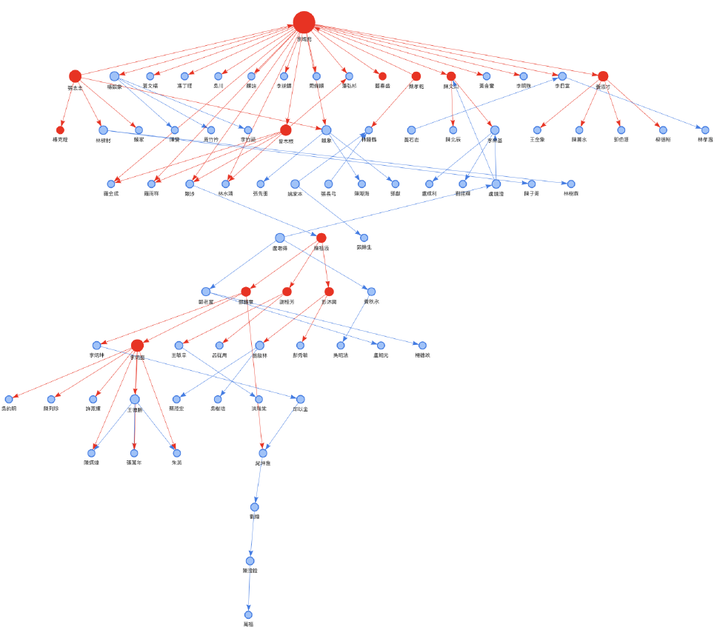
Why do governments severely punish some dissidents while showing mercy to others? This study argues that when constrained by limited information on dissent, states have incentives to cast the net of repression wider by executing not just key dissent actors but also members closely connected to them to ensure demobilization. States also crave information, and granting clemency to defectors who bring in information improves state intelligence. Given that tips have different values, regimes will grant clemency to defectors who are closely connected to key dissent actors and possess high-value tips, allowing the state to pursue top fugitives and dissolve resistance more efficiently. Using newly declassified data on political victims during Taiwan’s White Terror authoritarian period, I find that the regime tends to execute both key actors (i.e., leaders and recruiters) and their closely connected members. Defectors who share information tend to receive mercy, but defectors closely connected to key actors are much less likely to face execution than less connected defectors. These findings shed new insight into the toolkit dictators use to gather intelligence on dissent and how strategic clemency induces defection and betrayal among dissidents, helping destroy dissent networks from within.
異議網絡、國家鎮壓與策略性寬恕作為分化異議份子手段之研究:
為什麼政府對某些異議分子採取嚴厲的懲罰,而對其他人則表現出寬容與仁慈呢?本研究認為,當政府對異議分子的情報掌握有限時,它會傾向於擴大鎮壓範圍,不僅處決關鍵的異議行動者,還會波及與他們有關聯的其他人(儘管他們可能是無辜的),以期達到徹底打擊異議活動的效果。然而,在加強鎮壓的同時,政府也渴望獲取異議團體的內部情報,於是對那些願意提供情報的告密者予以赦免,以此換取反叛分子的情報。由於情報的價值各異,政府通常更願意對與關鍵異議行動者有密切聯繫、且擁有高價值情報的叛逃者進行赦免,這樣可以幫助國家更有效地追捕主要逃犯並瓦解抵抗力量。本文通過分析台灣白色恐怖時期政治受害者的新解密檔案,發現政權確實傾向於處決關鍵行動者(如領導人和招募者)及其緊密關聯的人員。提供情報的告密者通常會獲得赦免,但與關鍵異議分子有密切聯繫的告密者被處決的可能性,遠低於與他們聯繫較少的告密者。這些發現為獨裁政權如何收集異議情報提供了新的見解,並揭示了戰略性寬免如何促使異議分子叛逃和背叛,從內部摧毀異議網絡。